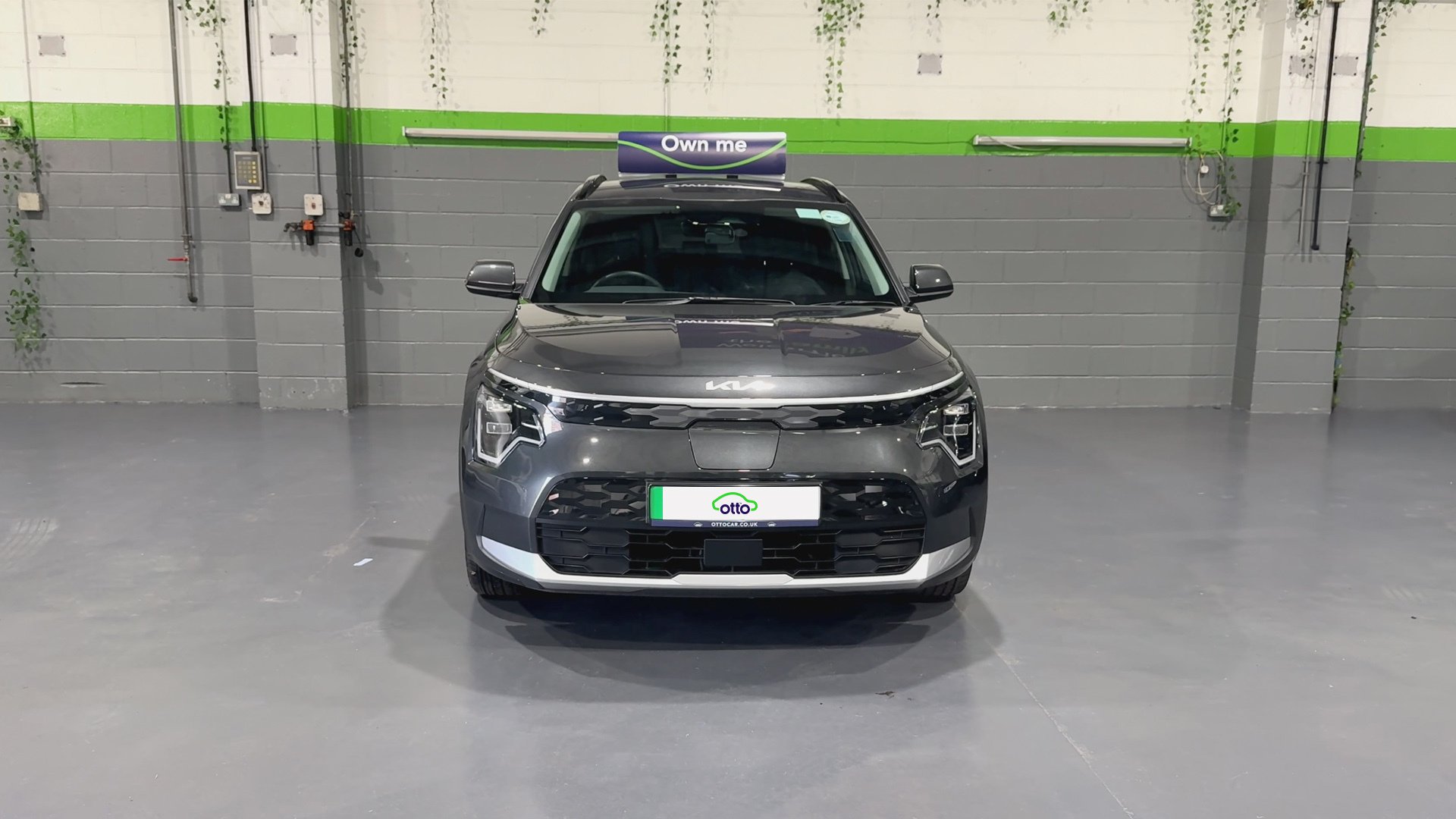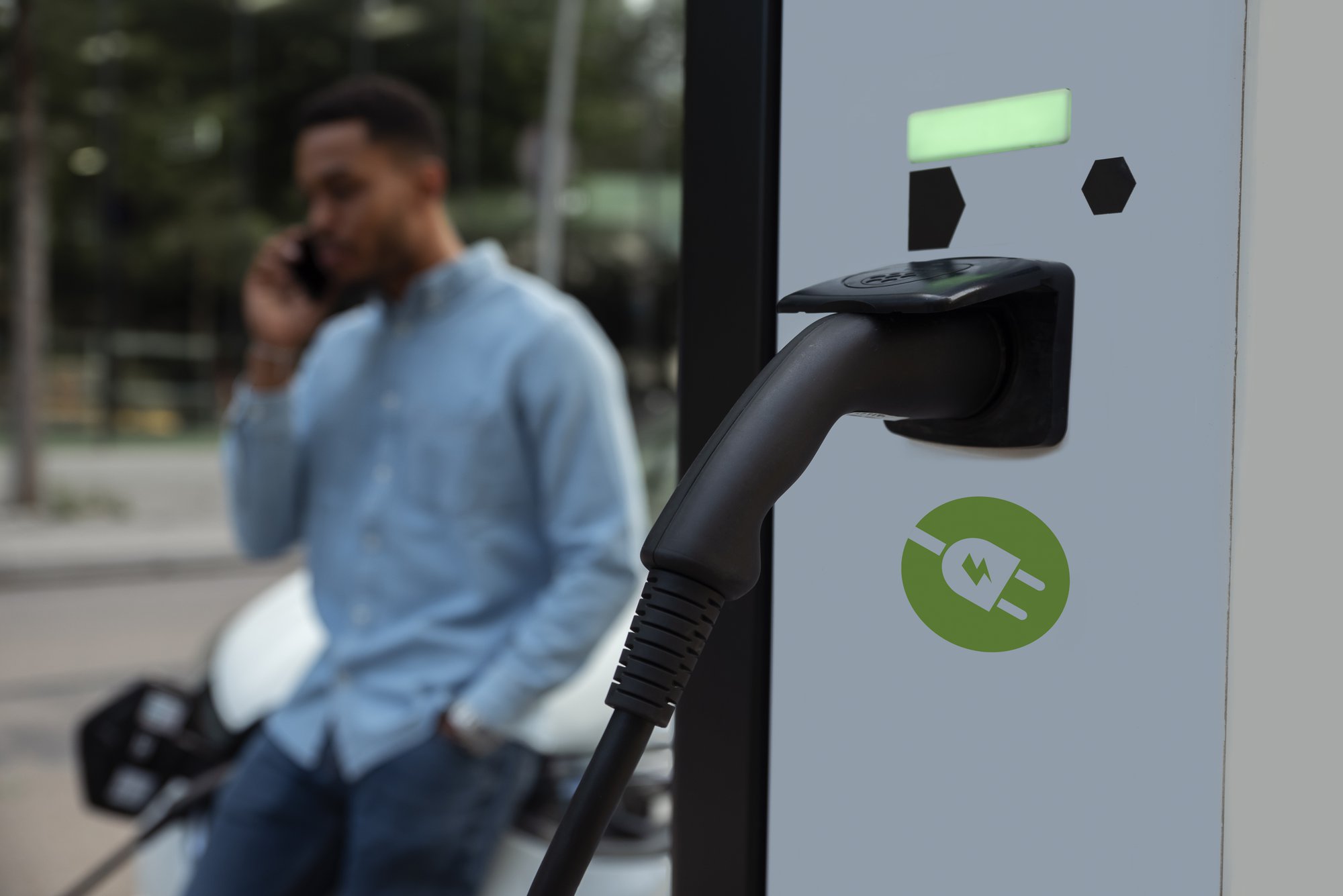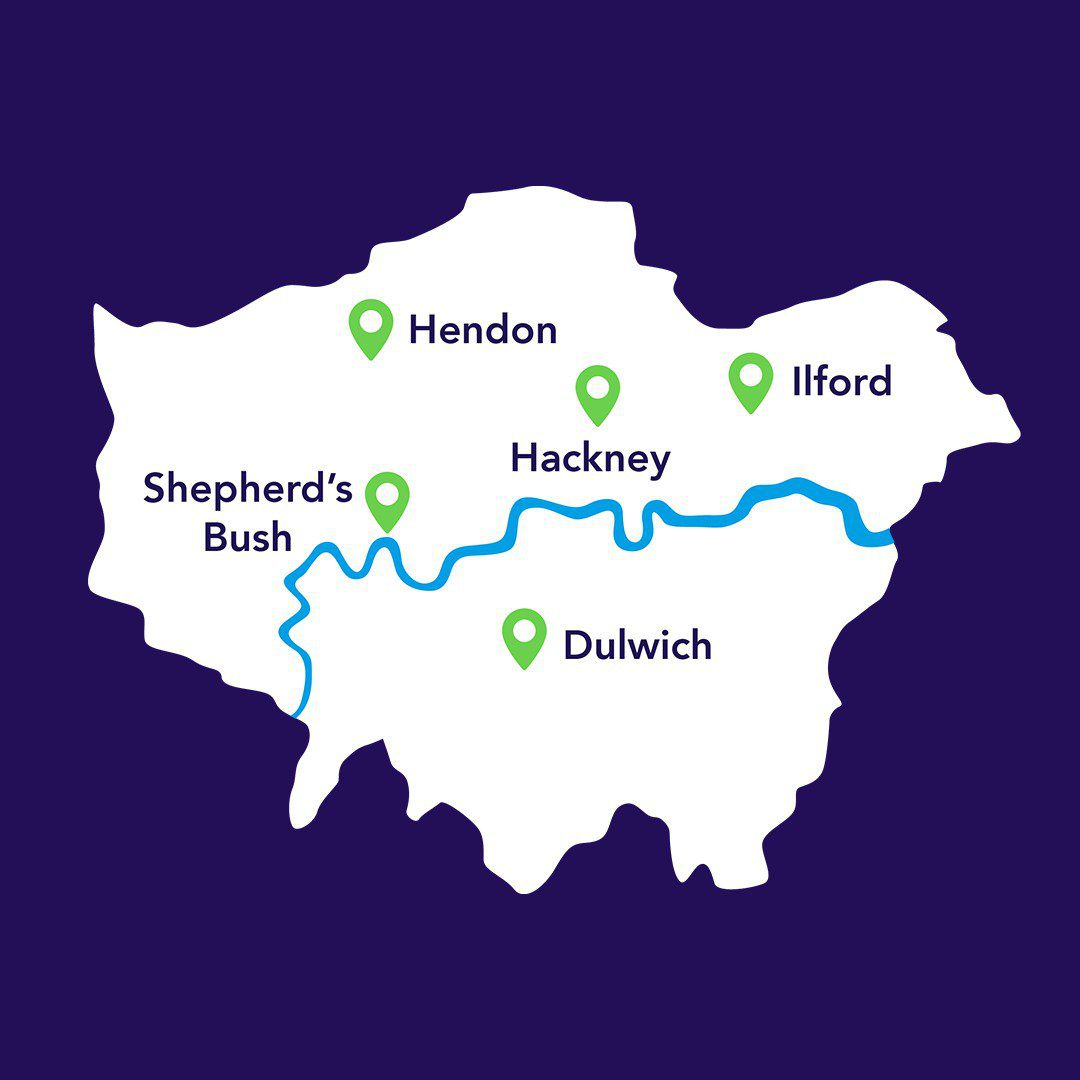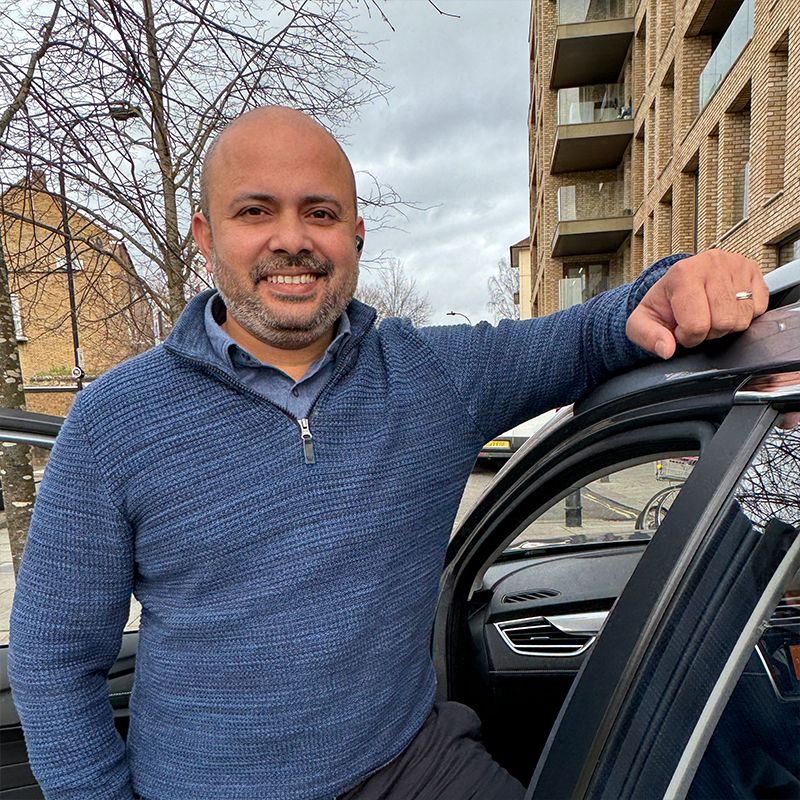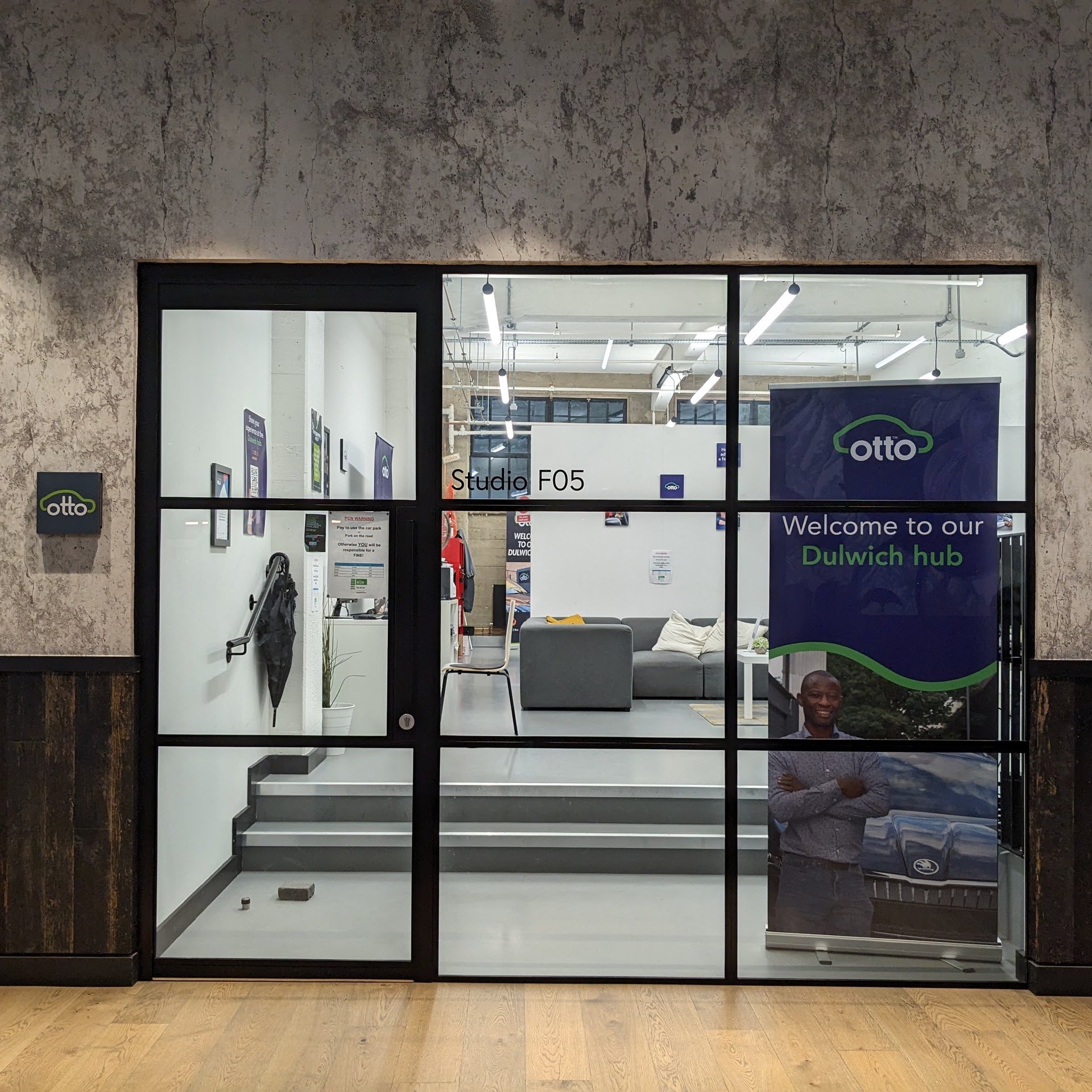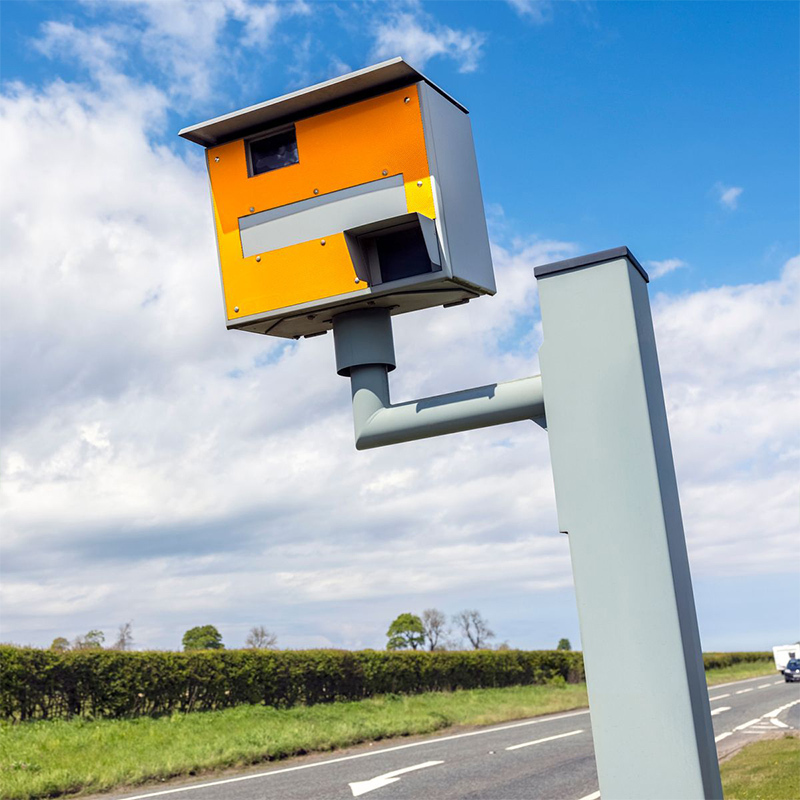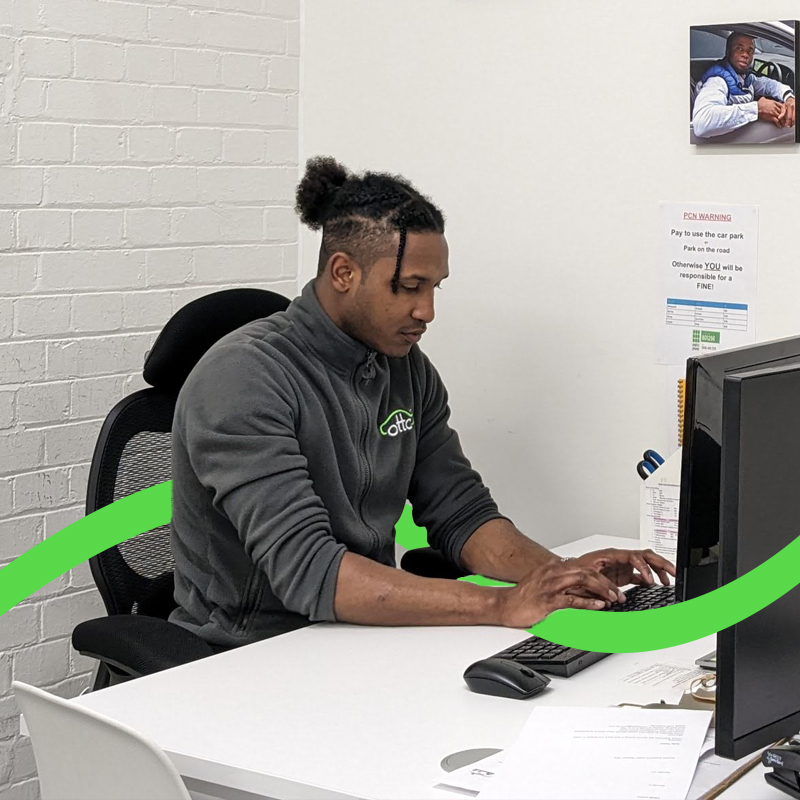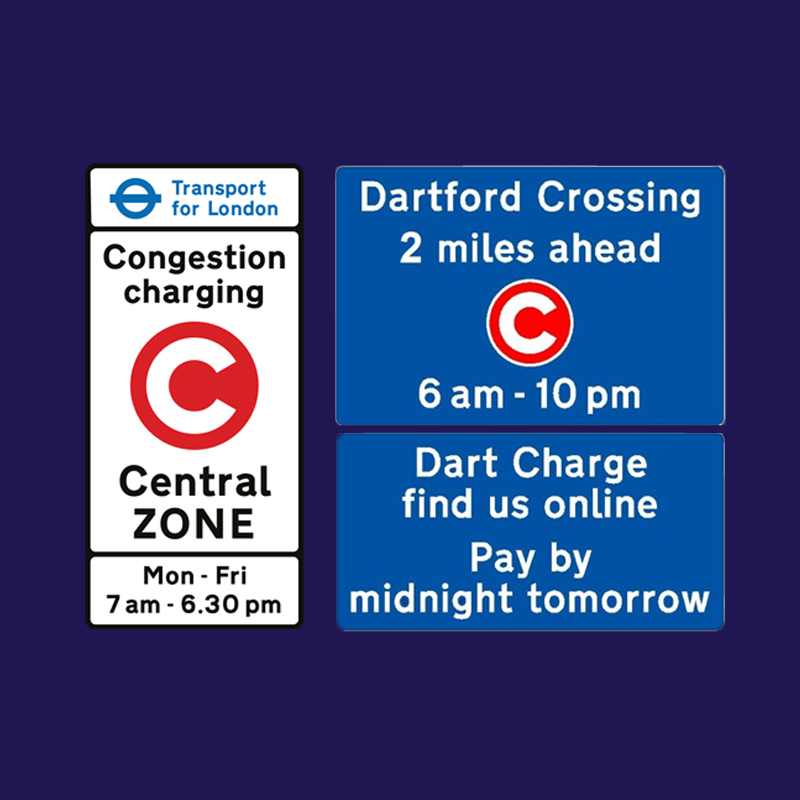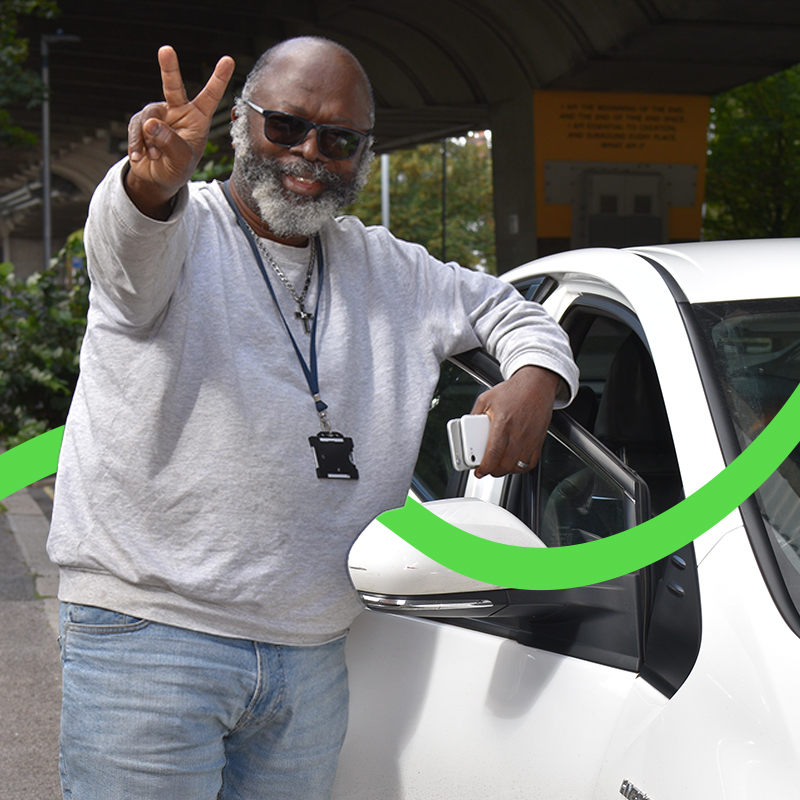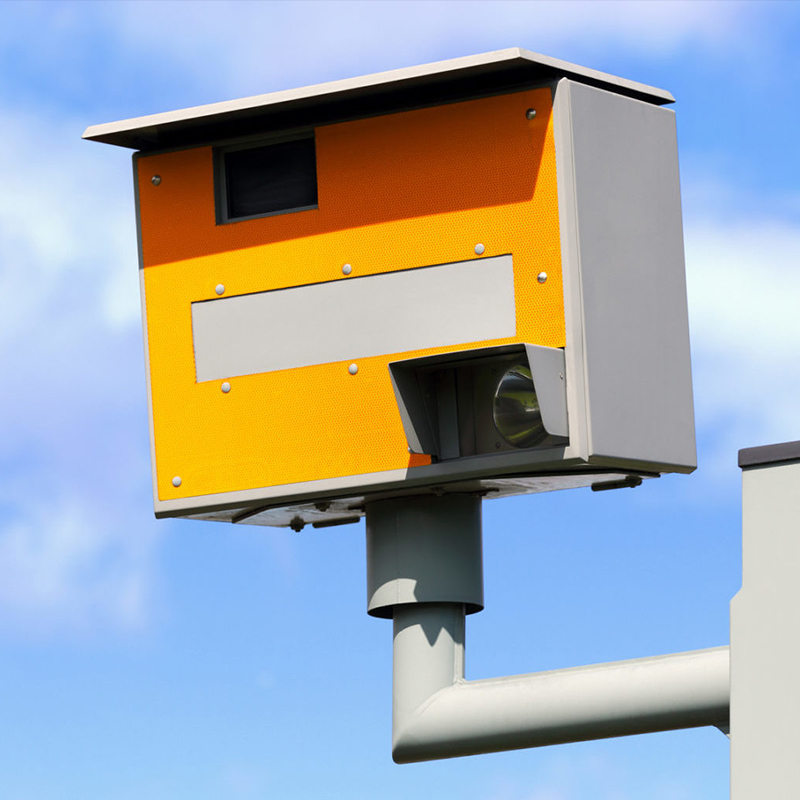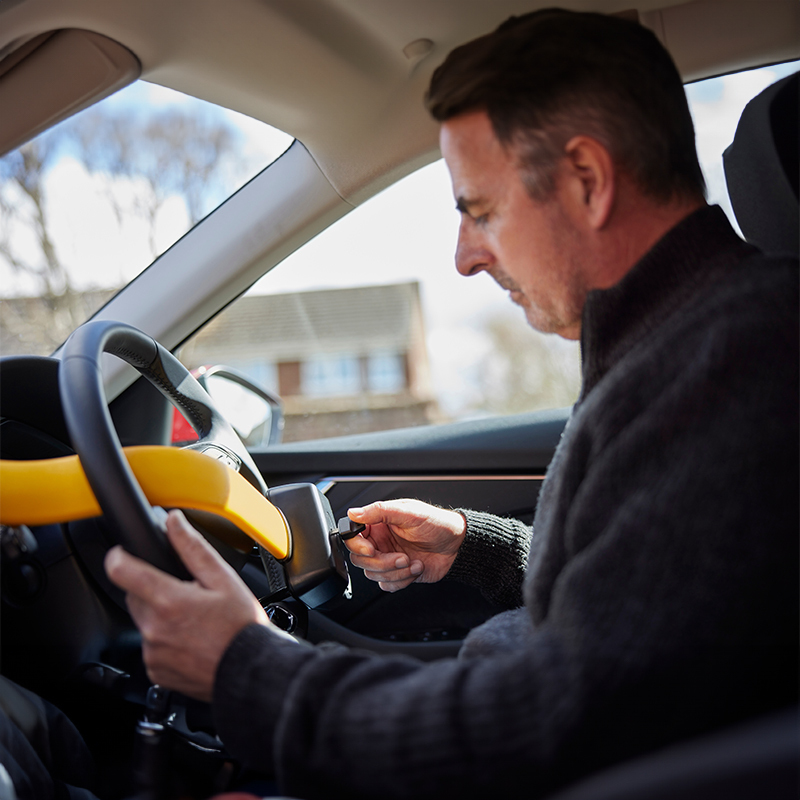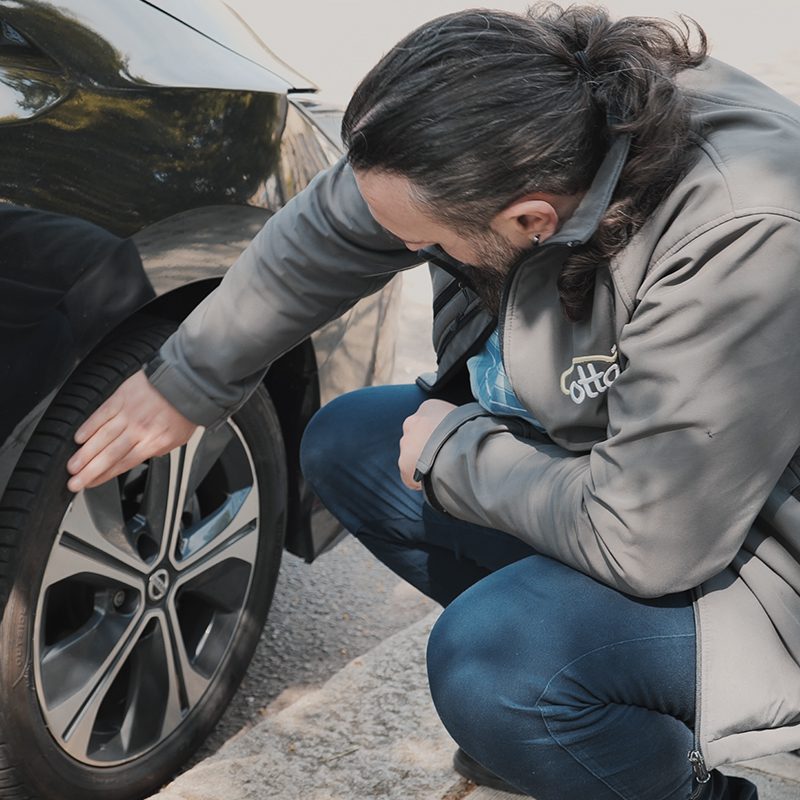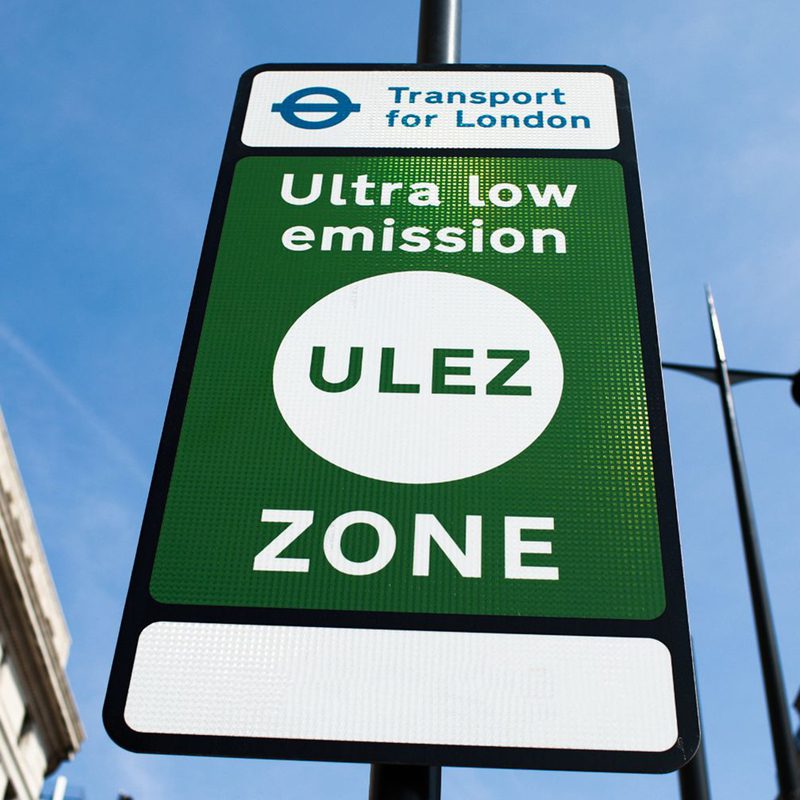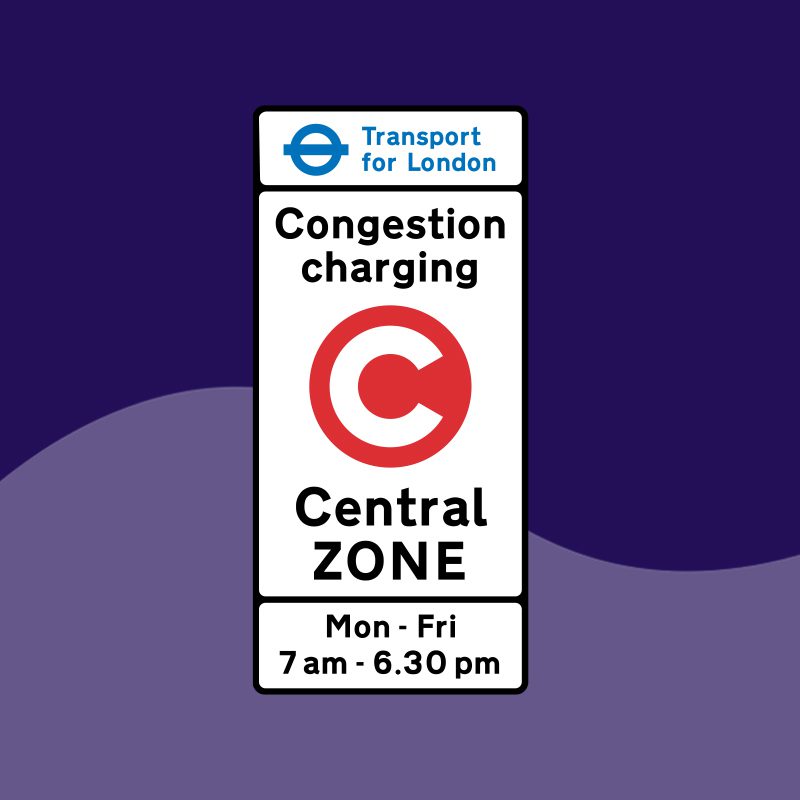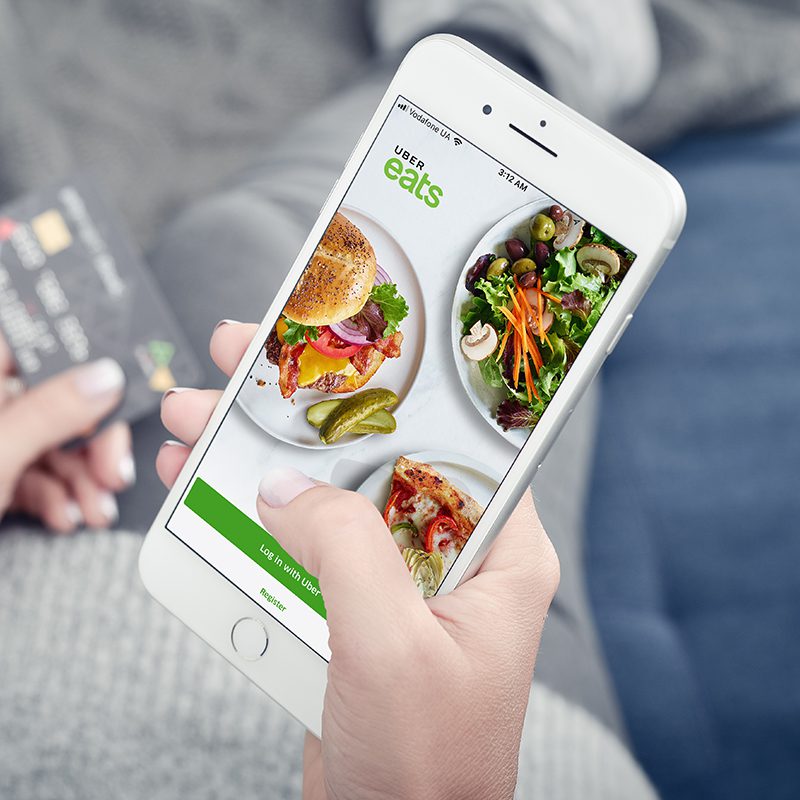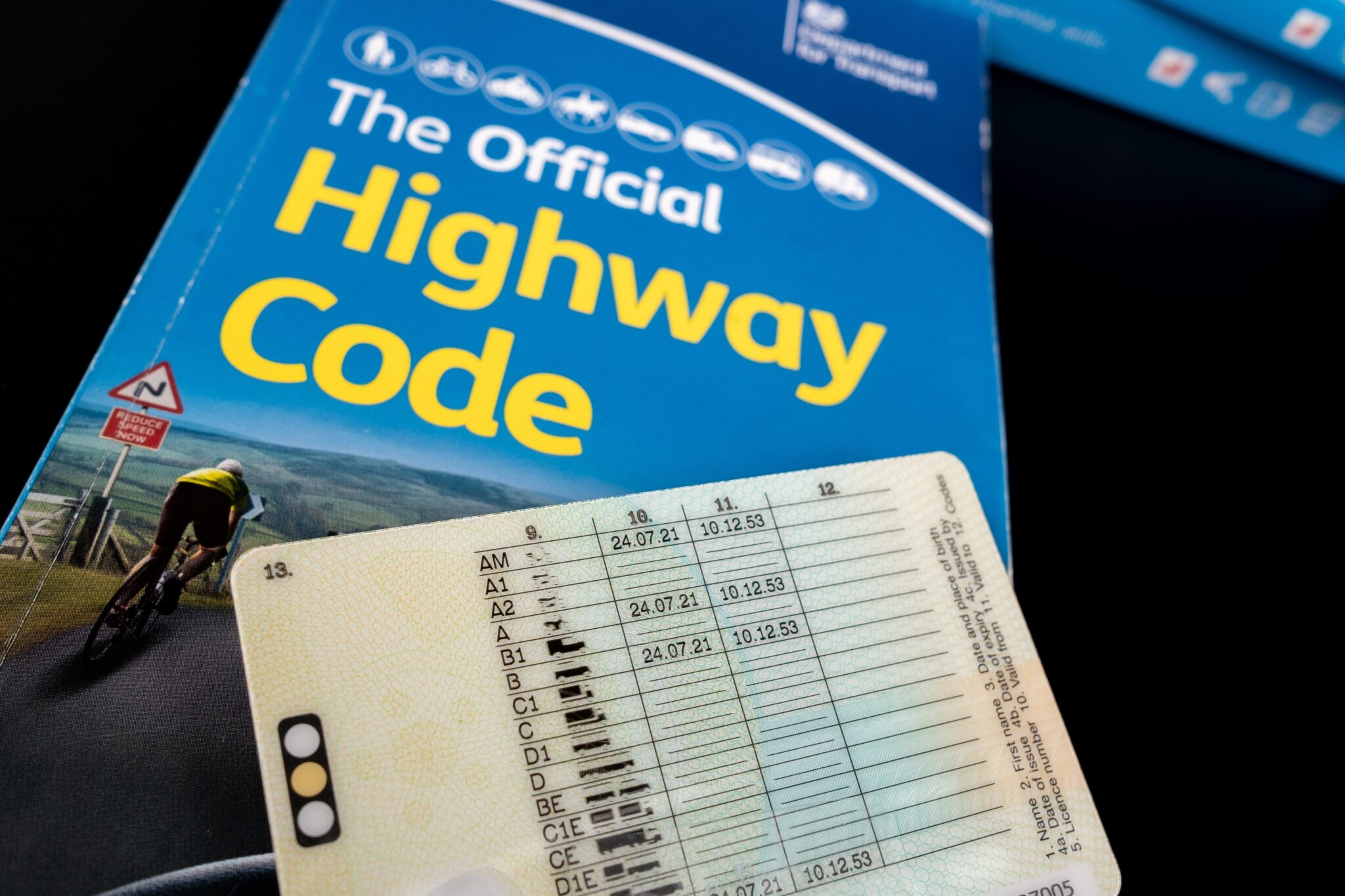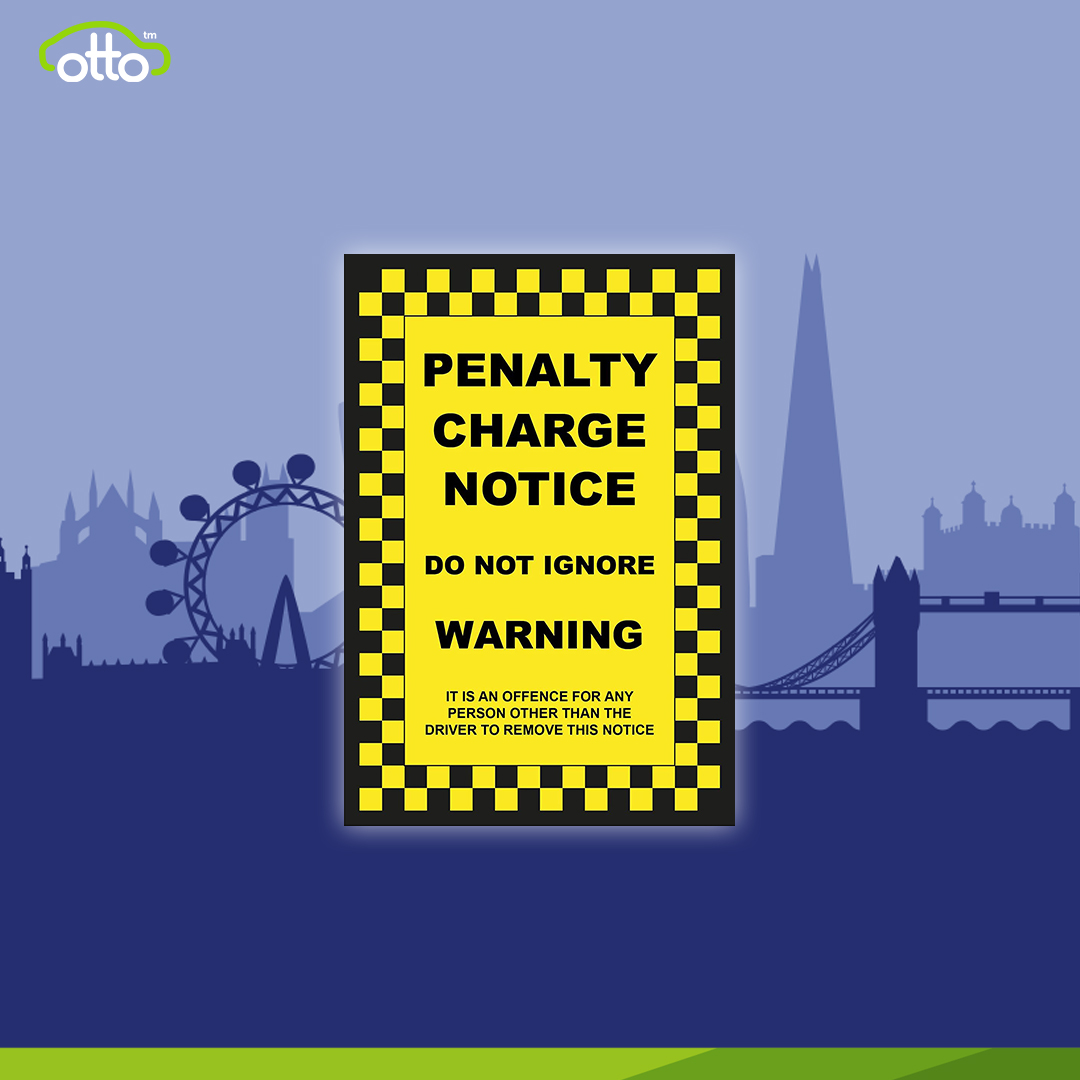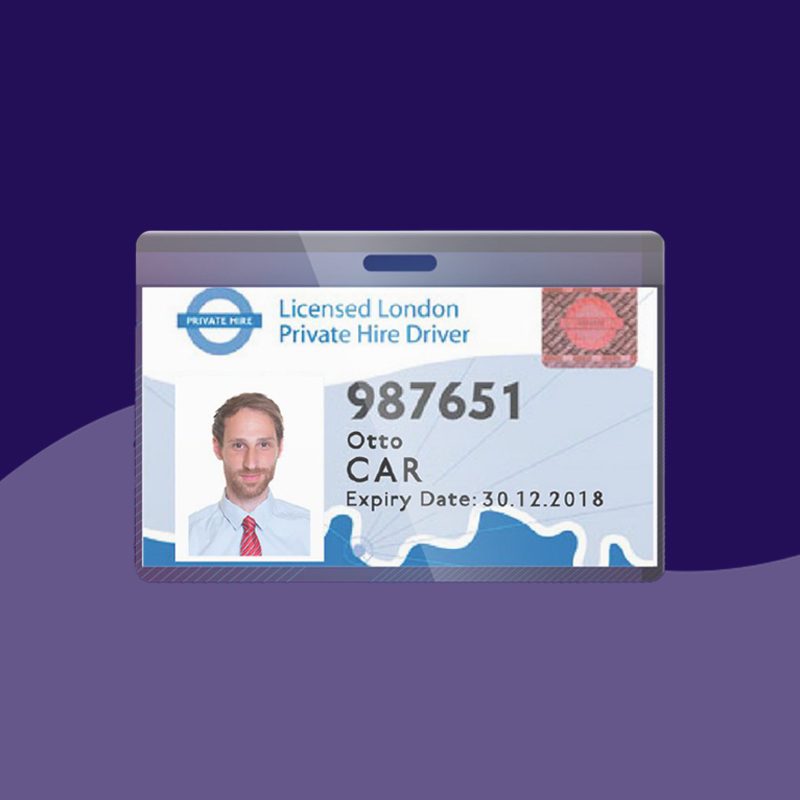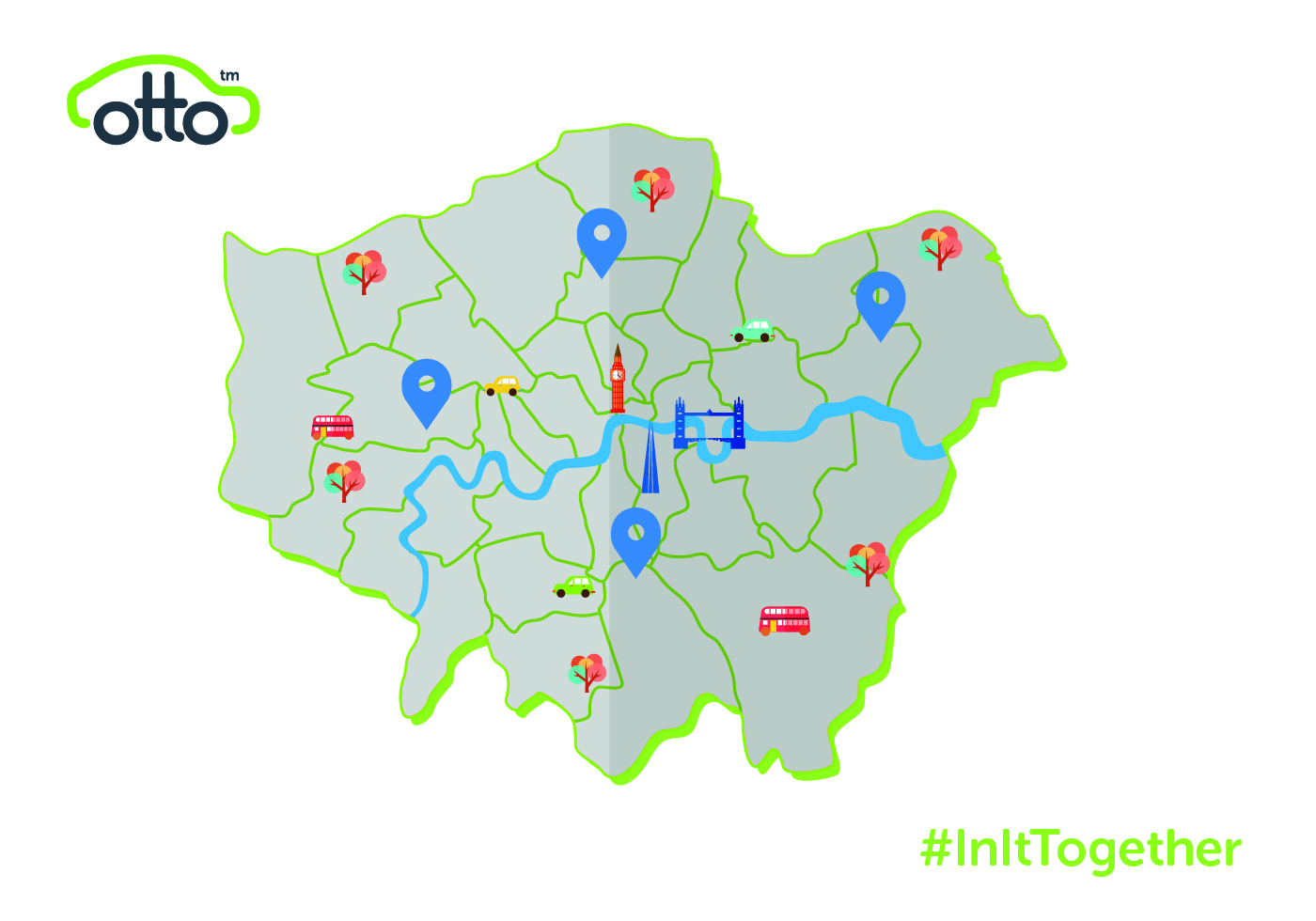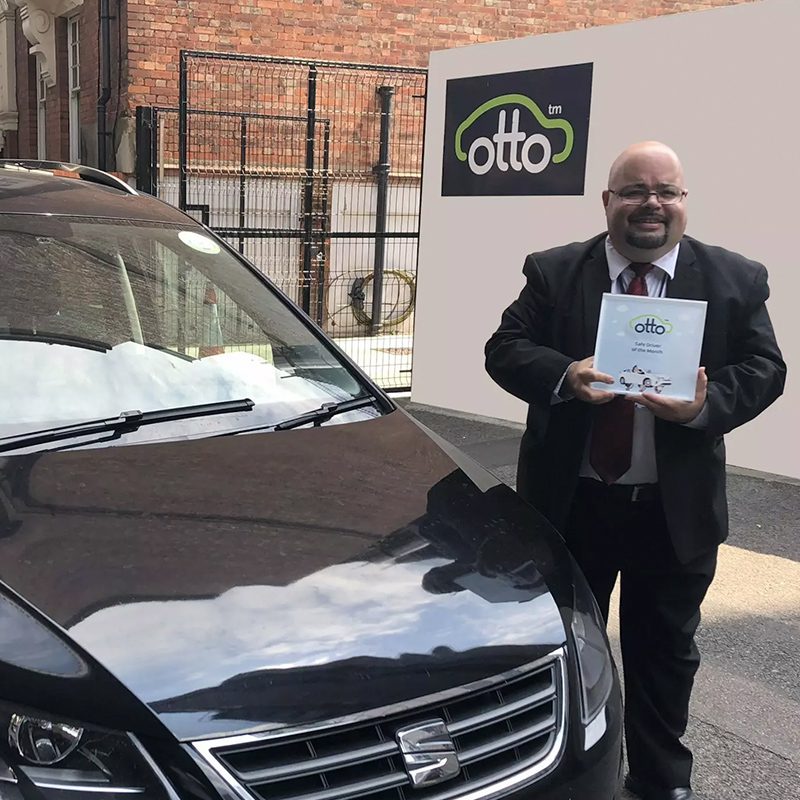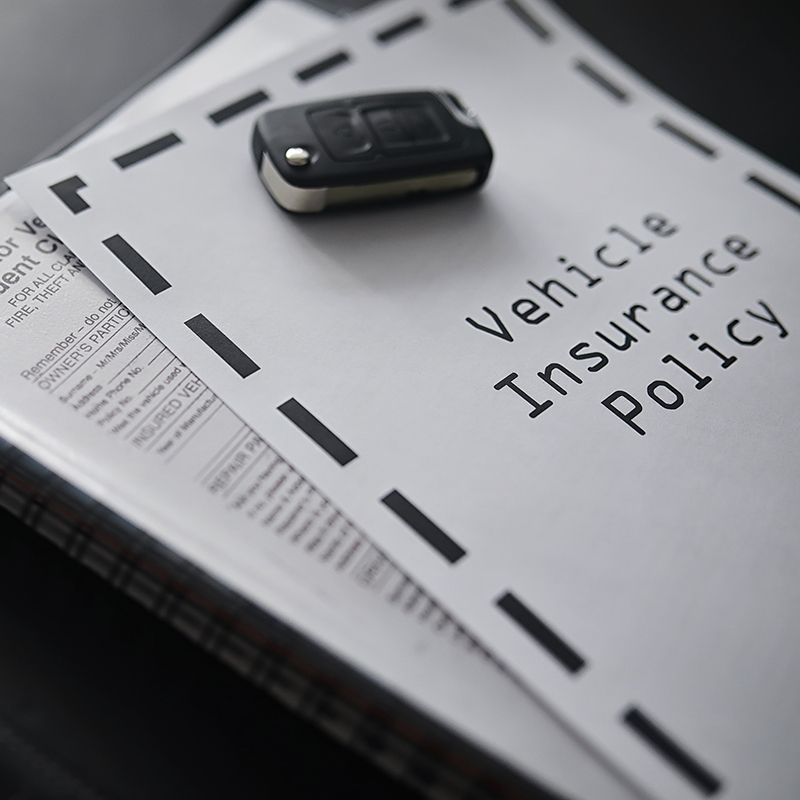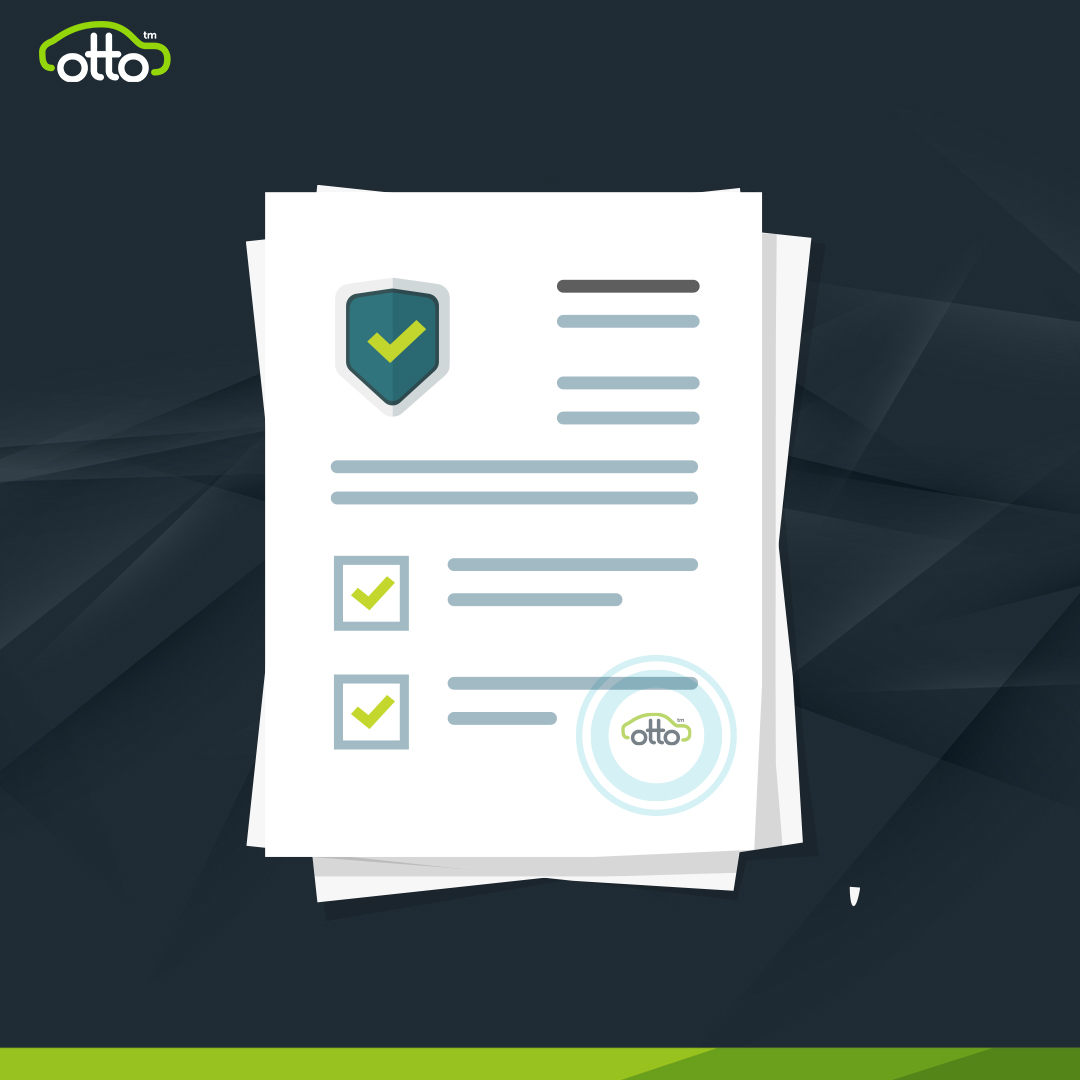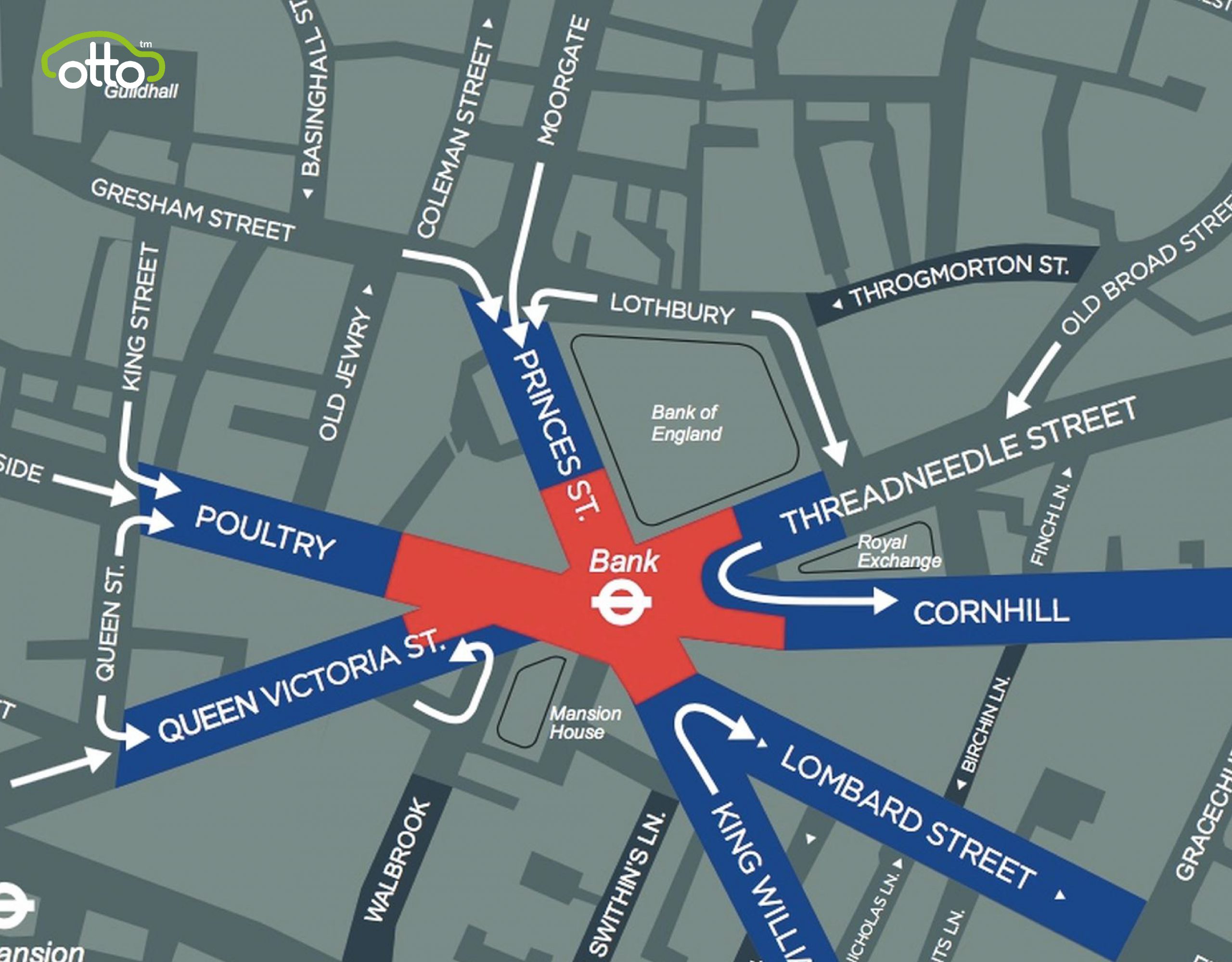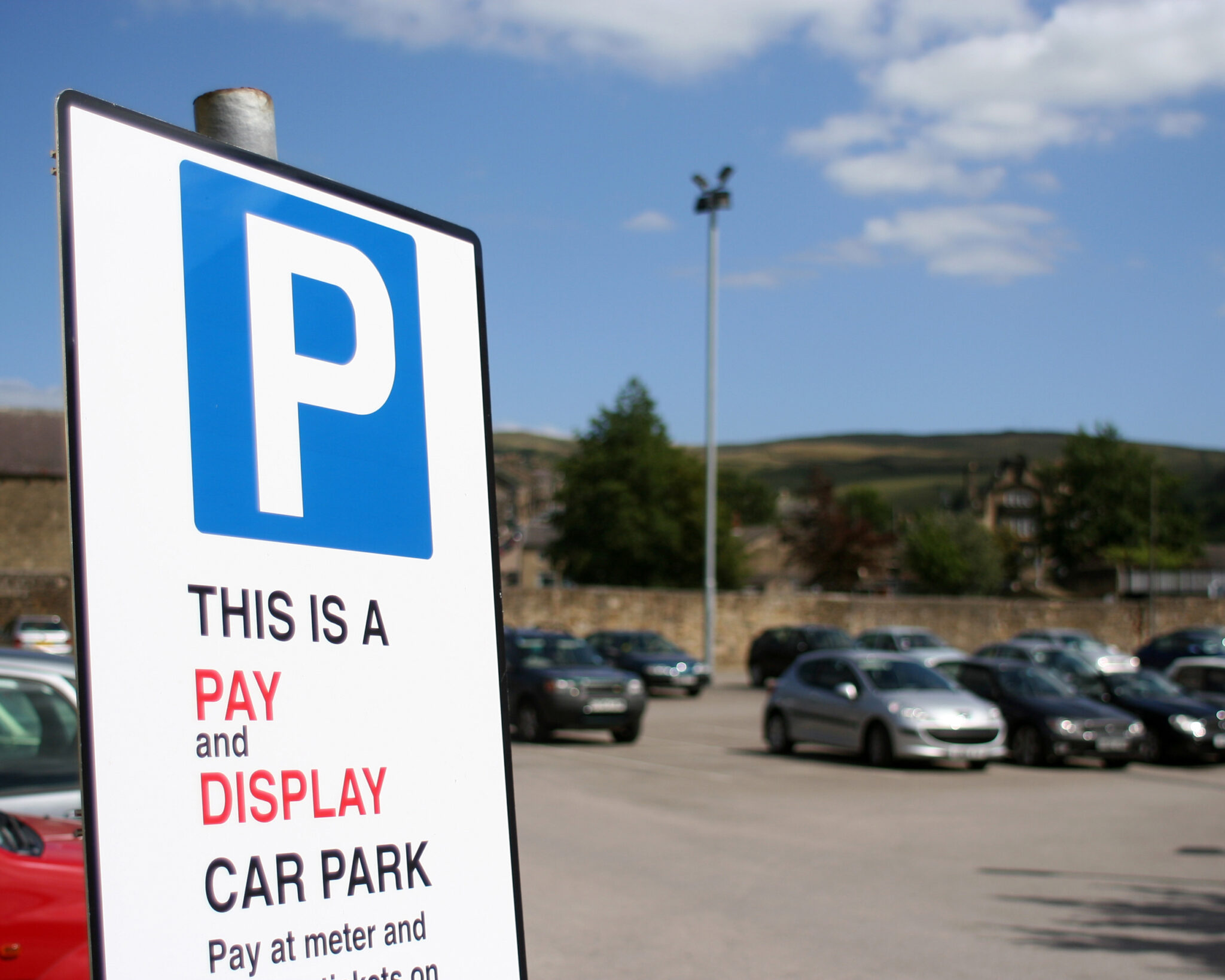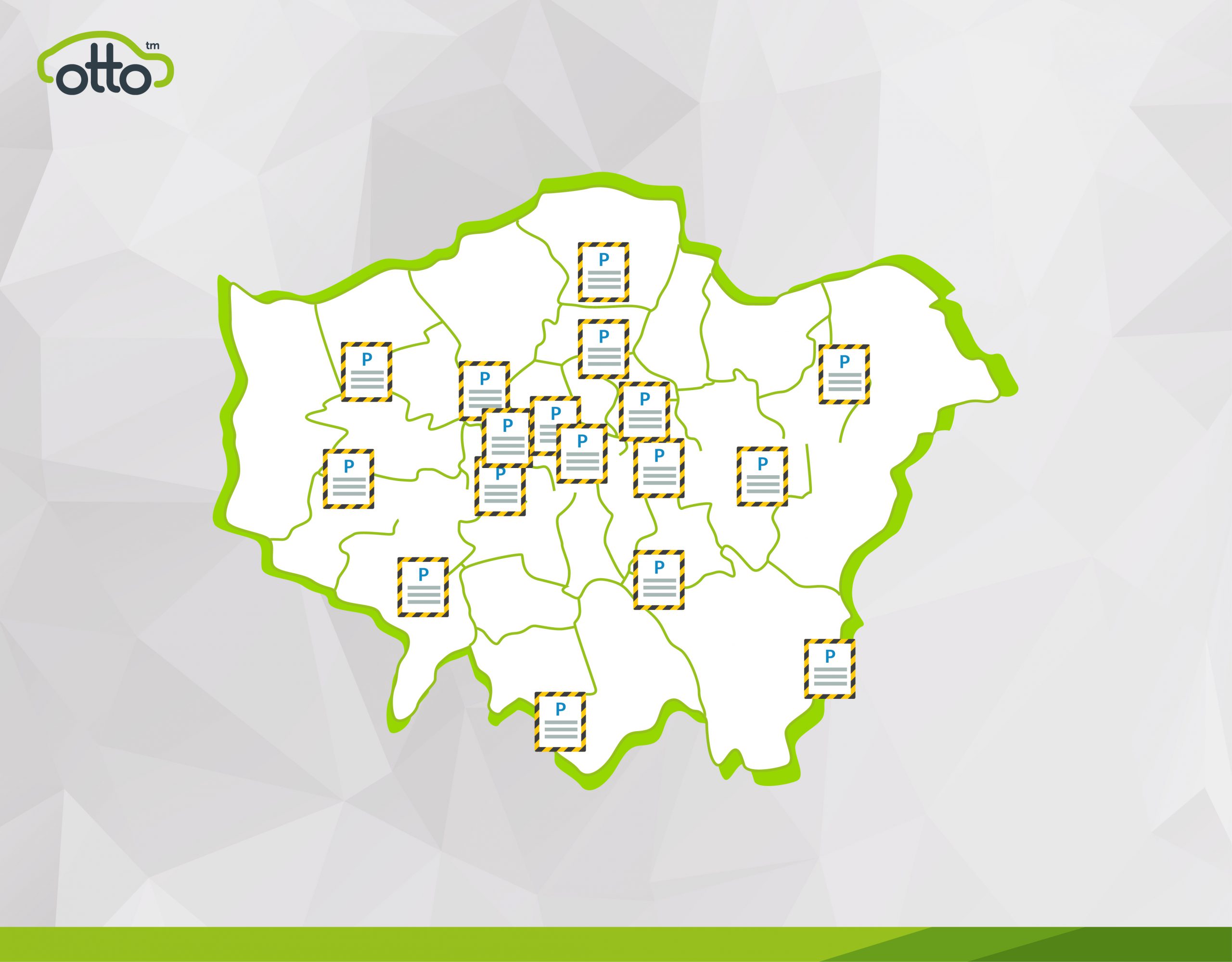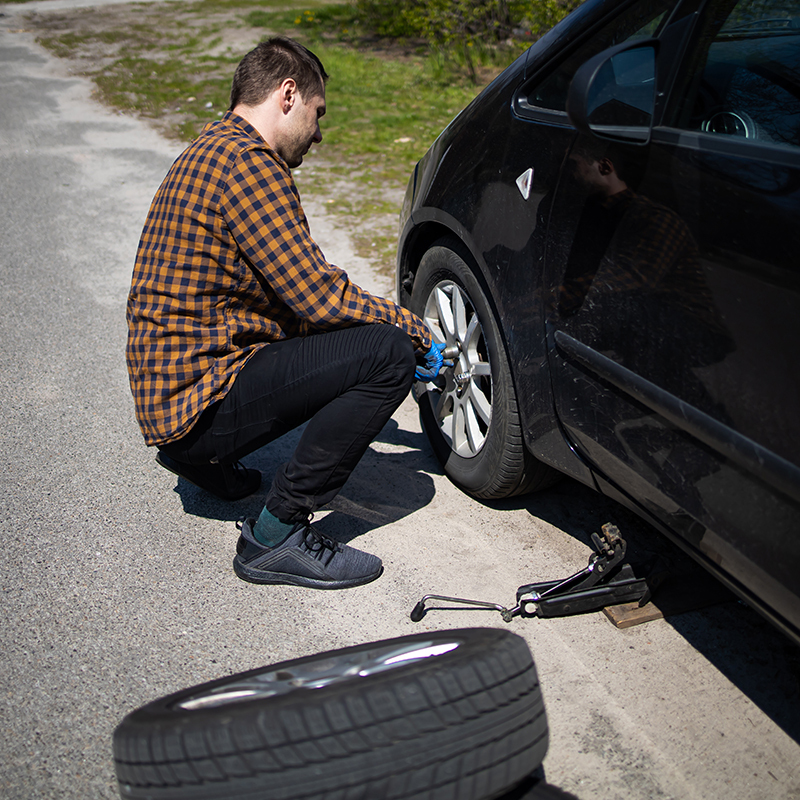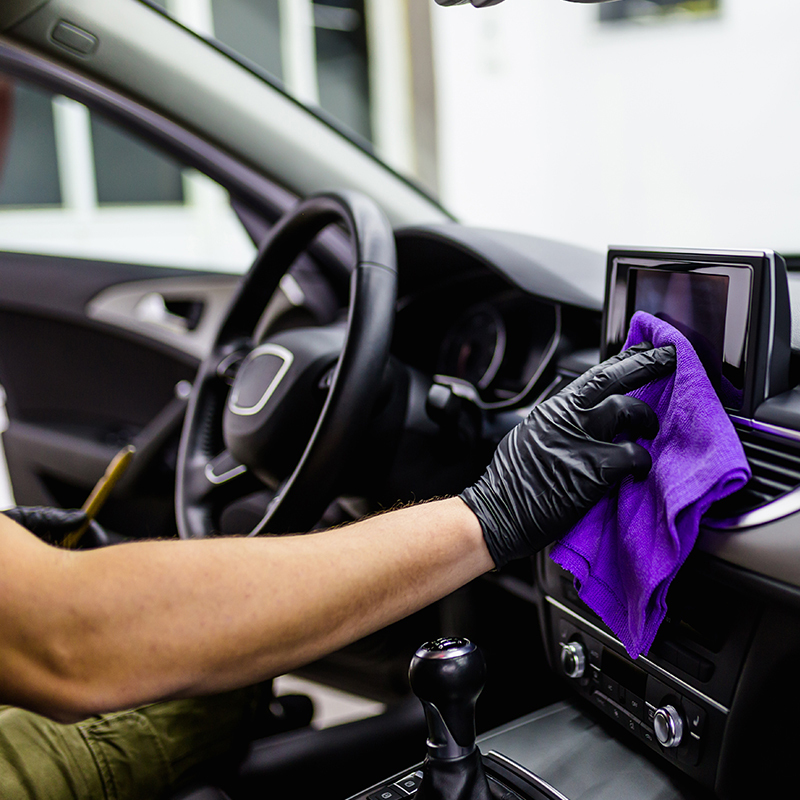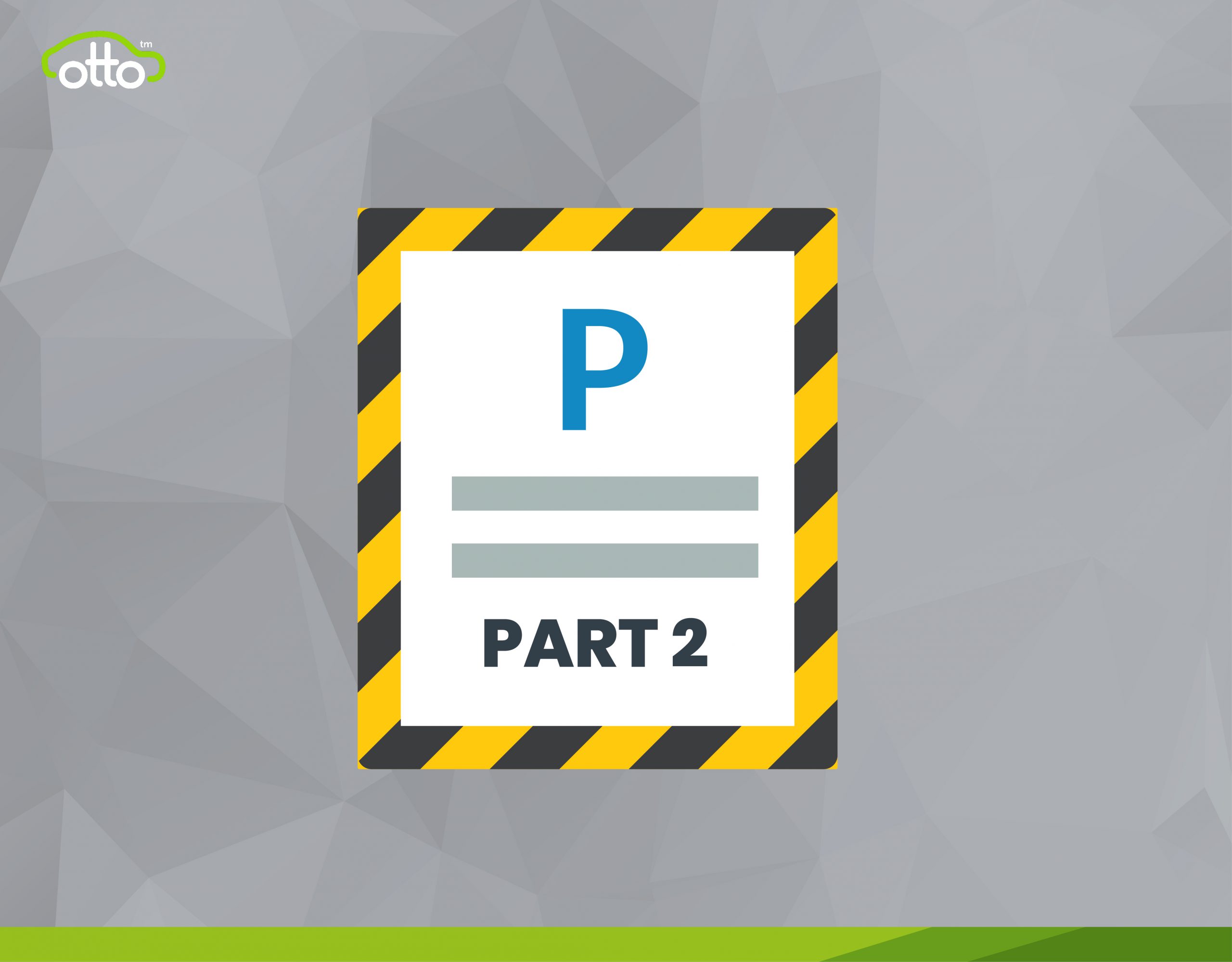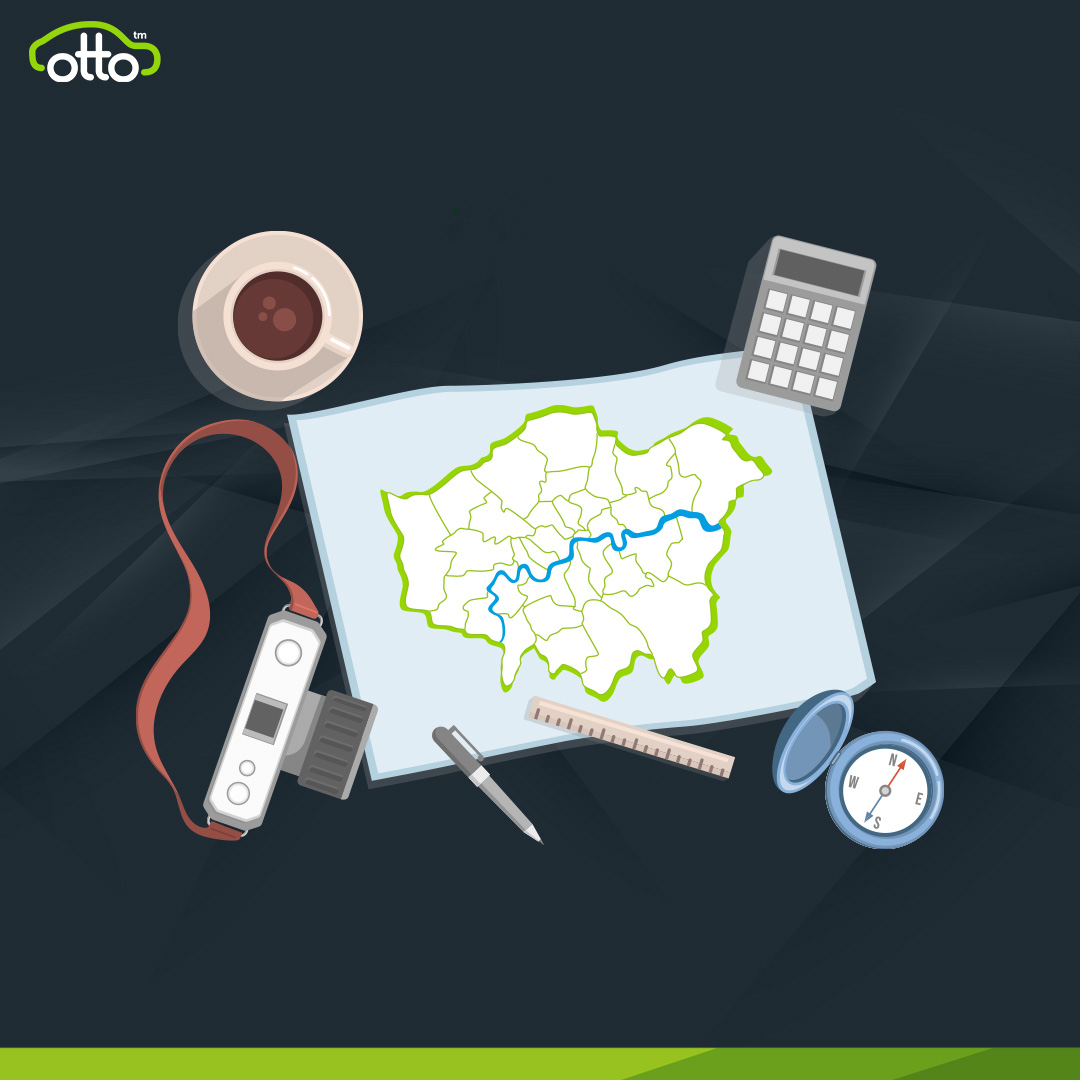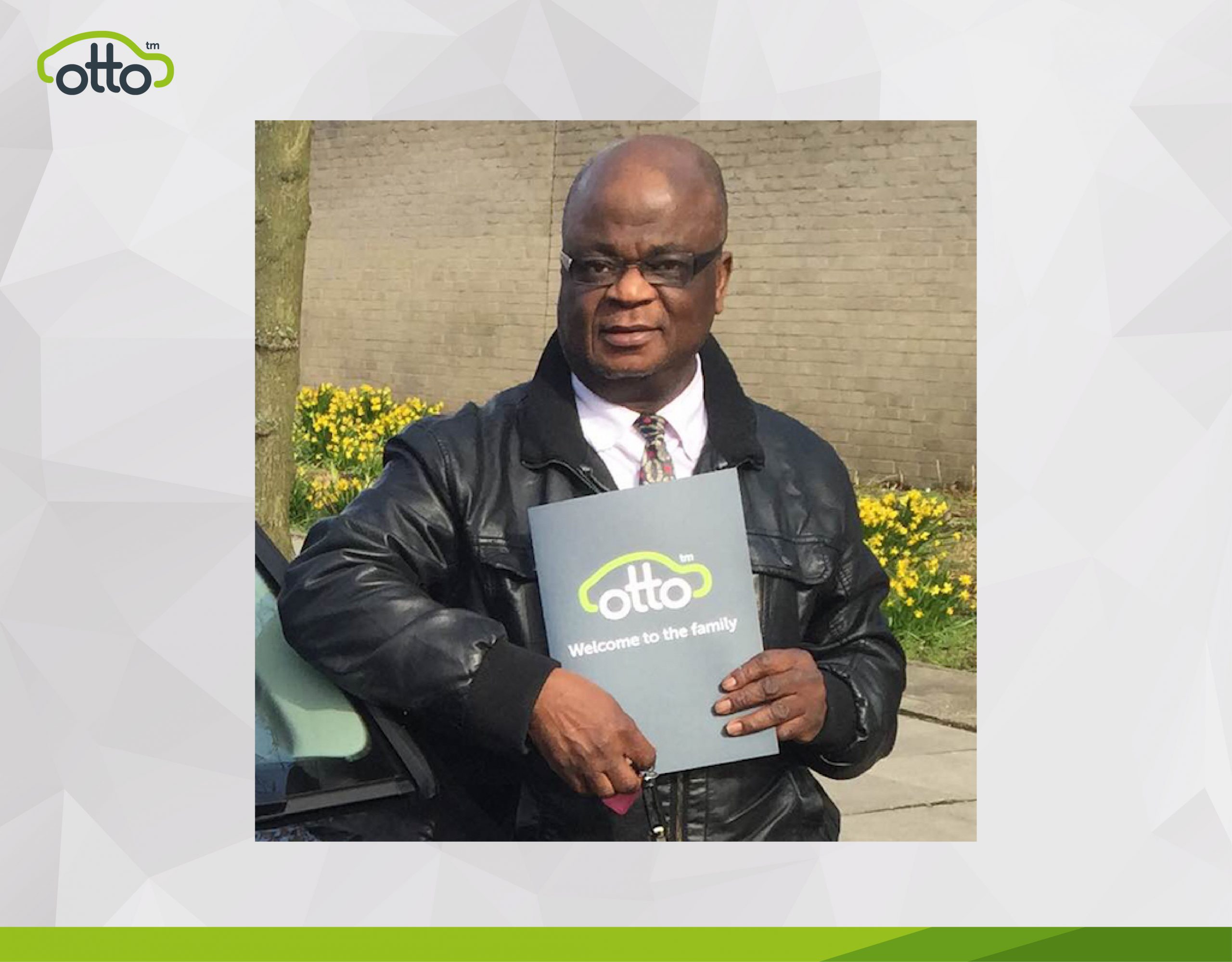FEATURED POST
How to get a PCO licence in London – Ultimate guide 2025
- The Otto Team
- May 12, 2025

To become a private hire driver in the UK you need a licence for the area where you work. In London, this licensing is handled by Transport for London (TfL). Outside London, these are issued by local councils and the rules vary.
This article is about the one that covers you, not the car. It allows you to work legally as a private hire driver in London and is valid for three years.
Most London Uber drivers call it a PCO licence, which was the old name before TfL changed it. The formal name is a Private Hire Driver Licence (PHDL), but it’s known as the same thing.
To work as a PCO driver, you’ll need a reliable car with a private hire vehicle licence (PHVL). As Otto Car is the UK’s biggest provider, we’re here to help you get started.
You need a PCO licence, no matter whether you prefer Uber, Bolt, FREENOW, or any other ride-hailing platform. However, Uber has extra rules on top of TfL’s, so read our guide on how to become an Uber driver.
- What are the TfL requirements to become a PCO driver?
- How long does it take to get a PCO licence?
- How can I apply for a PCO licence?
- What are the application fees to get my PCO licence?

What are the TfL requirements to become a PCO driver?
There is no specific driving qualification for private hire drivers if you satisfy the basics:
- A valid driving licence (full UK driving licence or one from an EU or EEA state)*
- Be at least 21 years old (including three years as a qualified driver)
- Have the right to work in the UK (you must also register with HMRC to pay tax)
- Be of good character (see TfL rules on pages 7-20)
- Have no history of serious driving offences (see TfL rules pages 21-23)**
* These are the TfL rules, but Uber says that drivers with a licence from an EU or EEA state convert this to a UK one in order to become an Uber Partner.
** You can get a PCO licence with penalty points on your licence. This could affect your ability to get ride-share insurance, so it’s wise to check this before you apply.
How long does it take to get a PCO licence?
The full application process can take several months. The easiest way to understand this is if we split it into two sections – the checks and the tests.
We’ll go through these one by one in a moment but here is a quick checklist.
The checks
You must provide the information that TfL needs to complete all of its checks when you apply for PCO licence on the TfL website.
✅ Medical check
✅ Background check
✅ Right to work check
✅ HMRC Tax check
The tests
You will take these after TfL completes the checks, which is several weeks (or months) after you apply. Most PCO drivers take all three on the same day once TfL invites you to do so.
✅ Speaking and listening test
✅ Safety, Equality and Regulatory Understanding (SERU)
✅ Topographical test
Passing the first two tests is known as the English Language Requirement (ELR). Nearly every new private hire driver must pass all three before a PCO licence is granted. See below for details.
1. Medical check
To become a PCO driver, you must meet the DVLA Group 2 health standard. This is a higher standard of medical check than for ordinary cars and usually only for drivers of large goods vehicles or buses.
People who already hold a valid Group 2 licence (for example, paramedics or lorry drivers) are excused from completing the TfL medical check.
Everyone else must get this form completed by a doctor or health professional with access to your medical records. You can learn more about what types of health conditions might prevent you from being a PCO driver by reading the official UK Government guidelines.

2. Background check
This makes sure that any private hire driver is of ‘good character’. It's mainly to check if you have a criminal record that makes it unsafe for you to work closely with the general public.
The check is handled by the Disclosure and Barring Service (DBS) which is a national register for people with criminal records. You must satisfy the Enhanced DBS check standard and there is more detail about what this means on pages 7-20 of the TfL rules.
From 2024, if you’re applying for a TfL PCO licence, you must join the DBS Update Service (which costs £16 per year) and keep this subscription active throughout your licence period. This saves you the hassle of doing manual DBS checks because it happens automatically.
You must also tell TfL within 48 hours if you’re arrested, charged, cautioned, or convicted. This is a formal condition of the PCO licence and applies to both new and existing drivers.
3. Right to work check
To become a PCO driver, you must confirm you’re allowed to work in the UK.
For most people, this is a formality completed by TfL on the Government website once you submit your PCO licence application and National Insurance number. If your immigration status is complex, you might have to provide extra documents for a manual check. You can learn more about this on page 29 of the TfL rules.
From July 2021, EU, EEA and Swiss nationals must hold a valid immigration status in the UK, in the same way as other foreign nationals. These drivers can no longer rely on their passport or a National Identity card.
If you’ve lived outside the UK for 3 or more continuous months in the last 10 years, you’ll also need a Certificate of Good Conduct from each country you lived in.
4. HMRC tax check
To be a private hire driver, you must understand the tax rules for self-employed people and register with HRMC (i.e. the UK tax authority).
From April 2022, new PCO drivers must prove they’re aware of the HMRC guidance about tax obligations in the UK.
Even if you’re simply renewing a PCO licence, you still have to provide a tax-check code from the Government Gateway website to confirm you’ve registered with HMRC to pay tax.
5. Speaking and listening tests
The first test involves speaking and listening for around 15 minutes to show that you understand spoken English well enough to handle a conversation with passengers.
This happens inside the TfL premises at Baker Street or West Kensington over a video or telephone link with a company called PeopleCert.
What confuses some new drivers is that the speaking and listening test is only the first part of what TfL calls the English Language Requirement (ELR). The next step is covered below.
You can learn more about how to pass the Tfl English test in our full guide to the ELR.
6. Safety, Equality and Regulatory Understanding (SERU) test
The next test is a written assessment called SERU. This is to see if drivers can read and write English to the standard required and is actually the second part of the ELR. This also checks that drivers understand safety issues and the rights of every type of passenger. It’s one test with two purposes.
SERU covers how to protect children or vulnerable adults from harm and basic safeguarding awareness. It makes sure that PCO drivers understand the UK laws about equality and also looks at road safety issues.
You only get two attempts to pass SERU. If you fail both, you’ll need to start your whole PCO application again. See our guide on how to pass the SERU test.

7. Topographical skills test
This is the final test in the PCO licence application process. Put simply, it makes sure that drivers have a basic understanding of London geography and can plan routes properly.
All new TfL applicants must pass the topographical skills assessment aside from:
- Previously licensed PHV drivers (i.e. you have already passed this TfL test)
- Licensed London taxi drivers (All London and Suburban drivers)
- Professional London tourist guides (e.g. Blue Badge Driver Guide)
Drivers are expected to use a map index correctly and understand basic map symbols like one-way systems or roundabouts. For example, it might ask you to use a map to identify the shortest route between two landmarks.
See Otto Car's tip tips in our ultimate guide on how to pass the topographical skills test.
How can I apply for a PCO licence?
To begin the whole process, you first register for a TfL account.
When you have prepared the various documents you need for the TfL checks (e.g. medical form) and sourced an approved photo you can then fill out the official application form.
You must then wait for TfL to either contact you for more information (for example, if your right to work status is unclear). Be patient, as this can take several weeks.
Once TfL is satisfied with the checks, it will confirm a date for you to take your tests.
Pass these and you are on the final step to a PCO licence and becoming your own boss.

What are the application fees to get my PCO licence?
Here's a breakdown of the costs for a TfL PCO licence application as stated by TfL:
- DBS disclosure application – £52 (online) or £54 (paper)
- Licence application fee* – £124
- Grant of licence fee – £186
- Post Office check and send – £7.15
- Speaking and listening assessment – £36
- Topographical assessment – £36
- SERU Assessment – £36
- Medical fee is set by the examining doctor (e.g. your GP)
Example total: £477 (plus the cost of your medical)
*This TfL application fee is non-refundable.
Take the next steps with Otto Car
Getting your PCO licence is a big step towards building a career as a private hire driver. Once you have this, you’ll need a car that works just as hard as you do.
Otto Car is the UK’s largest provider of vehicles to private hire drivers. We’ll give you the keys to an affordable PCO car with the expert guidance and support to get you started.
Explore our range of electric cars on either a Rent to Buy or PCO Car Hire plan that fits your needs. With our all-inclusive plans, you know that the weekly costs are clear and there won’t be surprises. For example, servicing and breakdown cover are part of the package.
Visit one of our London hubs or call 020 8740 7444. The friendly Otto Team is here to help.
If you haven’t already, sign up to our newsletter to join a growing community of thousands of drivers. Get exclusive offers, industry news, EV tips, and more – all delivered straight to your inbox.
Want to learn more?
Vestibulum nec scelerisque mauris,eget finibus justo. Vivamus metus justo, semper vel facilisis quis, scelerisque ut libero. Aenean eget porttitor nisi. Lorem ipsum dolor sit amet, consectetur adipiscing elit. Vestibulum nec scelerisque mauris,eget finibus justo. Aenean eget porttitor nisi. Lorem ipsum dolor sit amet, consectetur adipiscing elit. Vestibulum nec scelerisque mauris,eget finibus justo. Vivamus metus justo, semper vel facilisis quis, scelerisque ut libero. Aenean eget porttitor nisi. Lorem ipsum dolor sit amet, consectetur adipiscing elit. Vestibulum nec scelerisque mauris,eget finibus justo. Aenean eget porttitor nisi. Lorem ipsum dolor sit amet, consectetur adipiscing elit.

